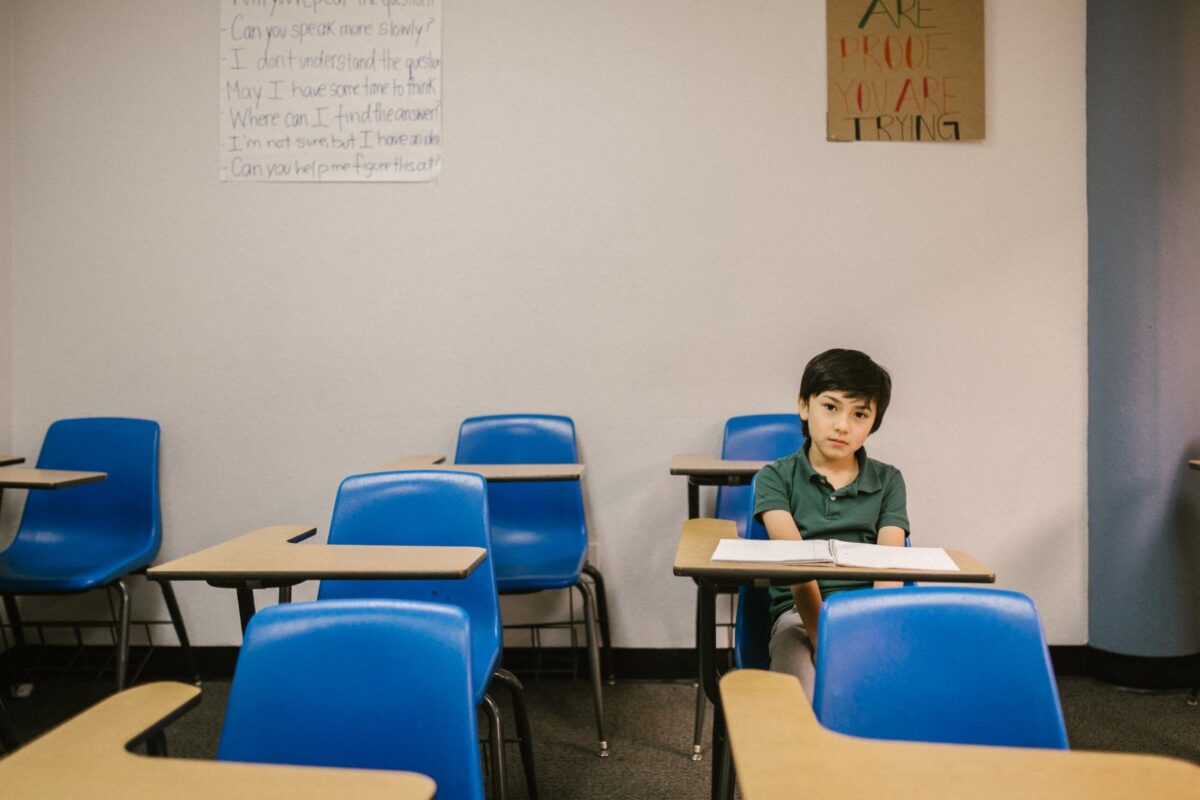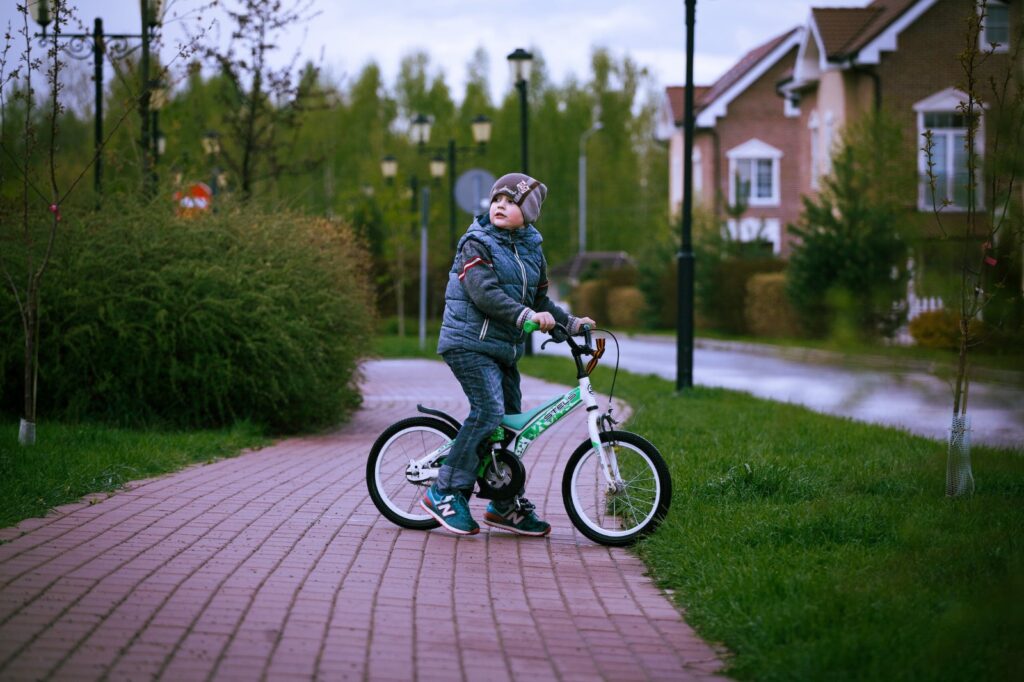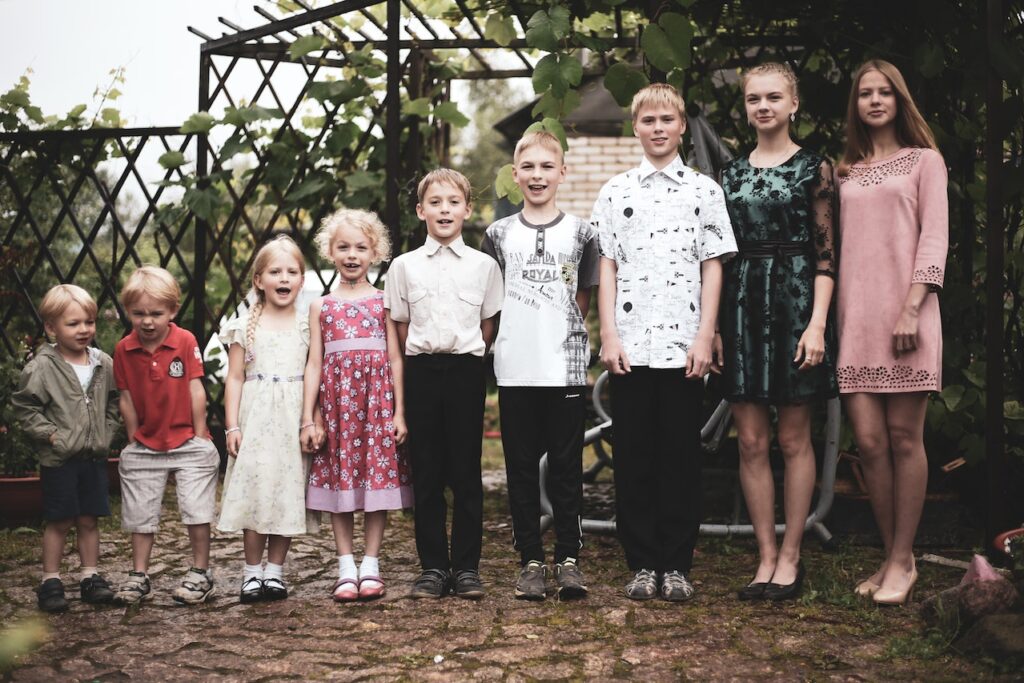
Are you tired of hearing the word “no” from your kid?
You know how it goes: suddenly your sweet toddler discovers this dreaded two-letter word and begins using it as much as possible — and then keeps using it for the next 16 years!
NO, she refuses to eat broccoli for dinner.
NO, he won’t put pants on.
NO, he doesn’t want to eat, sleep, or take a bath.
NO, she won’t say “I love you” to Grandma.
It’s perfectly natural for kids of all ages to not just do as they are told or follow orders — but that doesn’t mean it’s easy for parents and caregivers to deal with. That’s especially true when you don’t have the right tools to cope with and redirect this frustrating behavior.
Deconstructing Your Child’s “No”
Toddlers and teenagers are alike in their desire to assert their independence.
For toddlers, this defiance stems from them acknowledging their own individuality for the first time and trying to gain some control of their lives. They’re learning the basics of simple cause and effect and using this knowledge (combined with their newfound independence) to test their boundaries in every possible way:
If they push their sippy cup off their high chair, it will fall.
When they refuse to open their mouth to take a bite of carrot, they won’t have to eat it.
And if they say “no” to Mommy’s request for bath time — well, they may not get what they want, but that doesn’t mean they won’t try!
Teenagers also want more control, though for different reasons. They’re at a time in their lives when they lack control over their emotions and bodies and have a legitimate need for self direction and autonomy. Their reaction to any power and control being imposed over them is often to rebel, resist, and retaliate. (Psst — this is no different for younger children and adults. It is the human response, and children are people, too.)
As parents and caregivers, it’s our duty to empower our children to develop a solid sense of self. Healthy autonomy leads to confident adults capable of setting good boundaries, making wise decisions, and having fulfilling relationships with others.
How to Cope with Your Kid’s “No” Phase and How to Turn A No Into A Yes
You’re probably still wondering how you can possibly maintain your own sanity in the midst of all your kid’s never-ending “no” phase. Here are some strategies for dealing with defiant behavior, whether you have a toddler or a teenager:
1. Let your child practice healthy autonomy. Your child is craving self direction, so allow them to have it within reason.
When bedtime rolls around, ask your toddler if they’d rather bathe or brush their teeth first. To a certain extent, the same approach applies to your teen: instead of telling them to go do their chores right now, ask them if they’d rather mow the lawn or tidy up their room today.
Just be sure to include everyone in the conversations about how to help out so they always feel empowered as the one choosing.
If you didn’t arrive at the chores collaboratively, however, then start there first before you do anything else. Remember that if you are the one deciding who does what and your kids are supposed to line up and do it, you are likely to fail.
2. How to Get Your Child to Obey: Be vulnerable and ask for their help. Good news: you don’t always have to be a super mom or super dad!
Contrary to traditional belief, children respond positively to seeing their parents vulnerable. Letting your kid see that you’re human helps them relate to you better, so don’t be afraid to ask for their help when you need it.
Explain to your child that you’re extra tired from work today and will need them to pitch in around the house — whether it’s your toddler setting the table or your teen doing the dishes after dinner.
Kids like feeling helpful. Give them the opportunity to step up and meet someone else’s needs before they even think about saying “no.” Dr. Marshall Rosenberg used to say that there is a profound need for all humans to make a contribution, and we all are moved to meet this need. That includes all of us: children and adults.
3. Listen to what your child is saying “yes” to. When your child is saying “no” to one thing, they’re saying “yes” to something else — and it’s important to pay attention to what that is.
A no to you is a yes to something inside themselves. Get curious about what the yes is inside. Is it a need for choice? Rest? Belonging to or with someone?
Is your toddler refusing family movie night because she would rather play independently?
Is your teen saying no to tennis practice because he prefers to play violin?
Read between the lines to identify your child’s preferences so you can better understand their likes and dislikes.
4. Give your requests a positive spin. Think about how much better you respond to a positive request than a negative request. Kids are the same way, and they deserve to be treated with kindness and respect.
Here are some examples of reframing a negative request positively:
Negative: You can’t go out with your friends until you’re done studying!
Positive: As soon as you’ve finished your homework, you’re more than welcome to go see your friends.
Negative: Stop yelling, you’re disturbing the neighbors!
Positive: I think our neighbors might be sleeping now, so let’s try to use our indoor voices.
5. Practice “No, thank you, because.” Teach your kids to identify what exactly they need in the moment when they’re refusing something else.
Help them practice saying, “No, thank you, I’d rather not _______ at the moment because _______.”
Effective communication prevents misunderstandings and temper tantrums, and leads to more positive interactions between parents and children.
Don’t let your child’s endless “nos” defeat you. As their parent or caregiver, you have the power to promote harmony and understanding to help everyone in the family through these challenging phases.
You can imagine if it’s difficult for us to hear no, it’s also difficult for our kids to hear no too!! It’s tough! Also if we’re saying no a lot then they learned it from us!





-653e62e853ce7-1200x800.jpeg)









